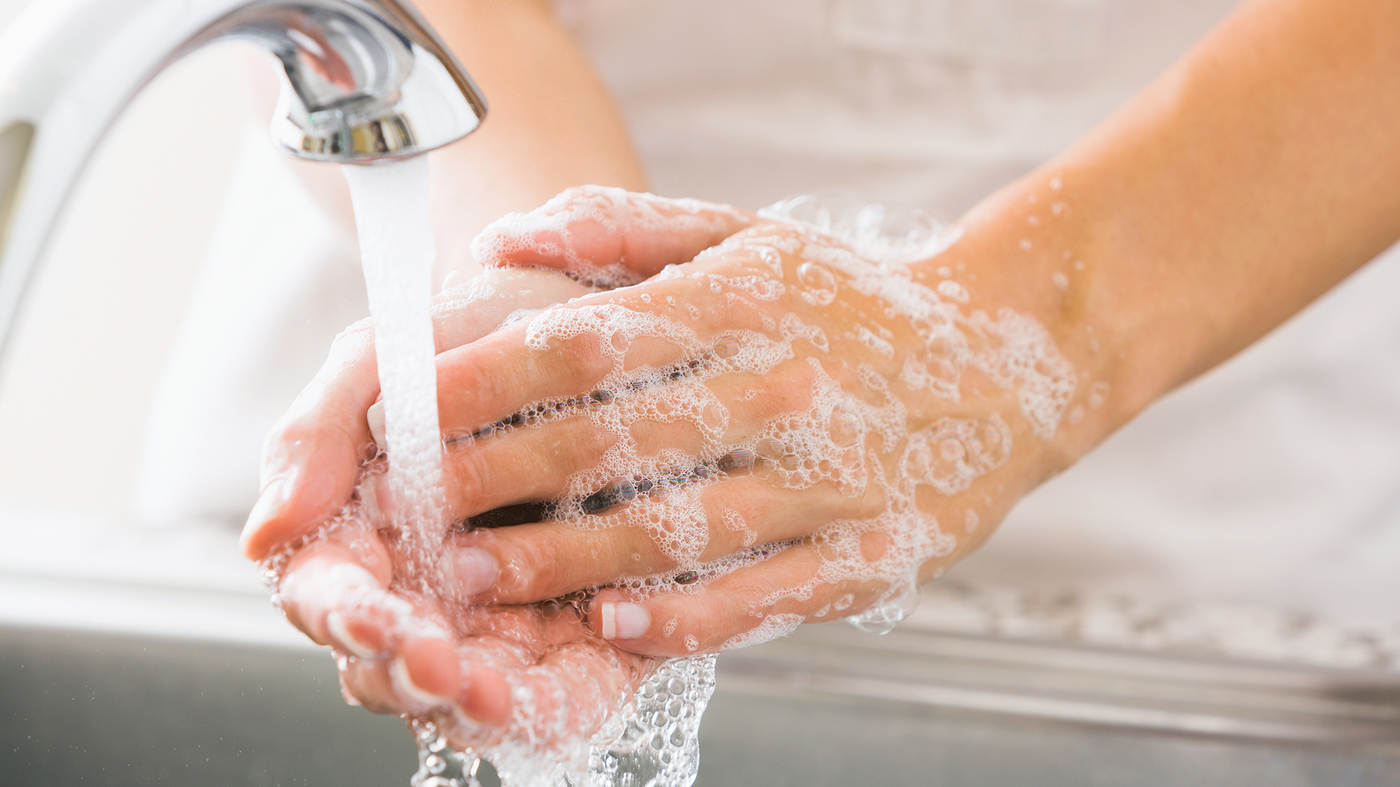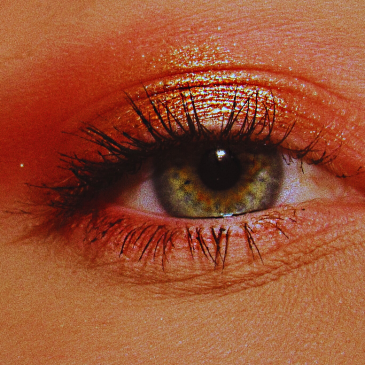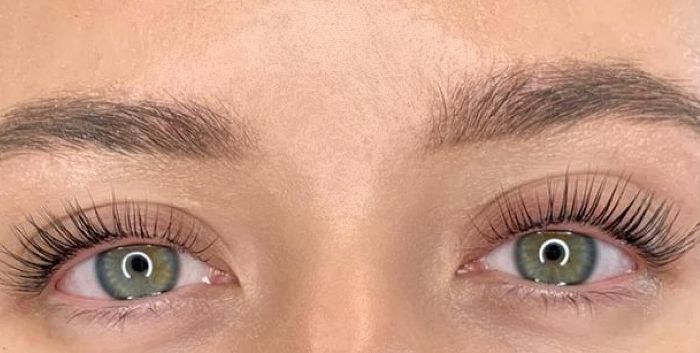Antibacterial soap is one of those things everyone has. We believe that it effectively protects us against infections and that it is just better than a regular soap bar. What’s the truth? Discover the unknown face of antibacterial soap and find out if it really helps you.
The basic equipment of every house is a soap. We use it daily to clean our hands after a bathroom visit or before a meal. It happens that we also use it for the face. So it also happens it usually is antibacterial soap, which is mostly a go-for product chosen by moms. The ‘antibacterial’ written on the product gives us sorts of sense of security and trust that this product is able to clean your hands best.
How does antibacterial soap actually work?
The greatest advantage of antibacterial soap is that it is expected to remove way more contamination and dirt due to bactericidal or even fungicidal properties. We believe that it disinfects the skin so we use it hoping that it can protect us against harmful microbes.
Antibacterial soap:
- cleanses typical contamination,
- has antibacterial action,
- makes it difficult for fungus and viruses to proliferate,
- disinfects skin protecting it against diseases.
Antibacterial soap. For whom?
Antibacterial soap is most commonly chosen by mothers who care for their children’s health but also people who deal with acne and elderly who have lower immunity.
In all the above cases, the most important is that antibacterial soap gets rid of all that can be harmful to one’s health. Especially if we are more and more subjected to contact with bacteria that happen to be all around us.
Antibacterial liquid, gel, and soap are also widely used in hospitals where it is important to care for cleanness and a sterile environment.
Does it really work?
A few years back, the Food and Drug Administration (FDA) issued a statement where they point out that there is no proof as to whether antibacterial soap can actually protect in any way better than the regular soap against infection!
Washing your hands with a regular soap gives you the same result and daily use is more than enough. You should know that too often the use of antibacterial soap does not help at all…
Antibacterial – not without flaws
Most of all, you should remember that bacteria can be good and bad. Antibacterial soap cannot identify which is which and eliminates them all and that may lead to disruption of the natural microbiome of our organism. Excess sterility is not good for us.
Another important matter is that bacteria can become immune to the ingredients in the antibacterial soap. The more you use it, the more probability that bacteria that we get in contact with will become immune and antibacterial soap will cease to fulfill its purpose. Curious thing is that regular use of antibacterial soap may contribute to antibiotic resistance.
The less significant yet still important matter about antibacterial soap is its drying properties. It is usually alcohol-based and it speeds up water loss, irritation and causes skin tightening.
Harmful ingredients in antibacterial soap
If you decide to buy antibacterial soap, you should pay attention to its composition. Very often products with this action are based on Triclosan or Triclocarban – substances responsible for bacteria elimination.
Those are not safe substances. Their harmful action has been proven and they can contribute to cancer. No wonder, FDA made it forbidden to use both of those ingredients in the soap, liquids, and gel around America. In Europe, it is still permitted to use them in 0,3% concentration.




Leave a Reply